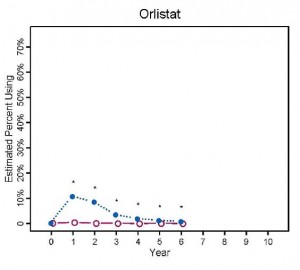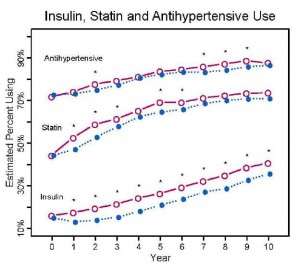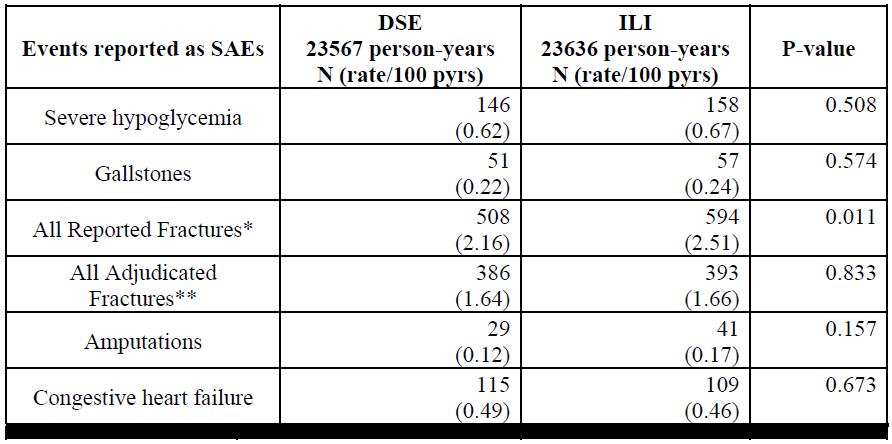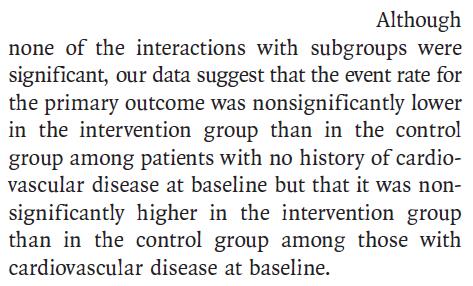For overall health and well-being, fermented foods like sauerkraut and kefir are great. Especially when following a low carbohydrate diet which is generally low in the types of foods which feed the gut microbiome.
For those with gastrointestinal problems, the gut microbiota is probably involved. Whether it is bacterial overgrowth or dysbiosis, gut bugs are usually the culprit. Treatment options vary widely, ranging from global extermination with vinegar & a low fibre diet (as per Jane Plain), or remodeling the microbiome with a prebiotic like galactooligosaccharides. Probiotics like bifidobacteria can help, too, if they’re administered with either prebiotics or fermented foods (they need something to nourish them in transit). Dark chocolate is also an excellent vessel. Resistant starch is another option, although the question remains as to whether or not this is compatible with a low carbohydrate diet.
Resistant starch has been around for a while, and when I was in school it received about 10 minutes of attention during the fibre lecture. But Jimmy Moore and Richard Nikolay have been talking about it a lot lately so I decided to freshen up on the topic. In brief, it can be therapeutic for GI issues, but some studies have shown mixed effects on glucose & insulin metabolism. The former is virtually unarguable, but I found the latter interesting. And the impact of resistant starch on ketosis is included as well.






